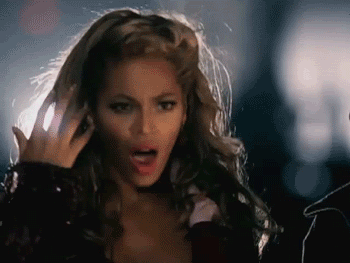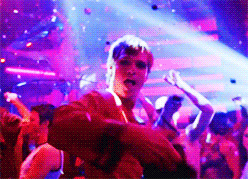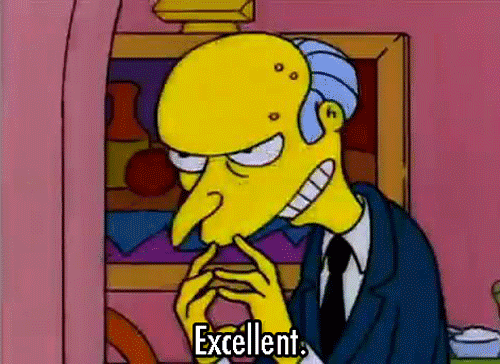Much to my chagrin, I’ve left the city that never sleeps (or smells nice or slows down or leaves you alone…) and returned home to a much different atmosphere. And I’m not just talking about the pace or the hospitality. Being away from the other Moxies, the nonprofits, and the radically awesome events (read: FEMINISTS) has forced me back to reality—not everyone is willing to engage in conversation about systematic oppression. Shocking.
Not only are most people unwilling to talk about the issues we constantly discussed during Moxie, but they react to the mention of these social inequalities with doubt and anger. Thus, I am becoming the “humorless feminist” in the eyes of many…a title I am reluctant to accept. After being surrounded by people who expanded my mind and views for a full two months, I’m finding it difficult to translate all that I have learned into everyday life and interactions.

Perhaps my biggest struggle since Moxie has been patience. I came into Moxie a self-identified, albeit rather uninformed, feminist who had been lucky enough to see the light after a regrettably conservative, Catholic educational experience. This journey from Republican ignorance to understanding was tough every step of the way—nobody wants to confront her privilege, nobody wants to admit that she benefits from an oppressive system, and nobody wants to realize that she has an obligation to participate in improving our world. BUT I worked through it, and I’m still working through it. It’s something that needs to happen if anything is going to improve. Therefore, I’m having a bit of a rough time dealing with people who just refuse to open their eyes and work through this shit.

However, it’s important to remind myself that I DEFINITELY do not have all the answers, and I am DEFINITELY still trying to figure out how to respond the fucked up system we live in. Feminist thought is a method of looking at the world completely antithetical to the way we have been conditioned to see things. I can’t really expect people to be so eager to see things in a way that turns their world totally upside down. I’m realizing that changing people’s minds is a very s l o w and resistant process, and it often isn’t my place to argue someone into thinking the way I do.
Cognitive dissonance, people. It’s science.

Moving forward from Moxie, I hope to take the lessons from my summer and apply them in a more active way than just flapping my gums. Sitting around talking about how much everything sucks accomplishes absolutely no good for the people who actually need it. While it’s a lot easier to complain about the evil patriarchal mentality that’s ruining our world, we’re totally complicit in it if we too do nothing to change it. As I embark on my semester abroad in Copenhagen, I hope to reflect on the lessons about social justice, movement building, and activism that I gained this summer in order to move from passive to active feminist.
Maybe a semester away is just the thing I need to kick off the revolution.







